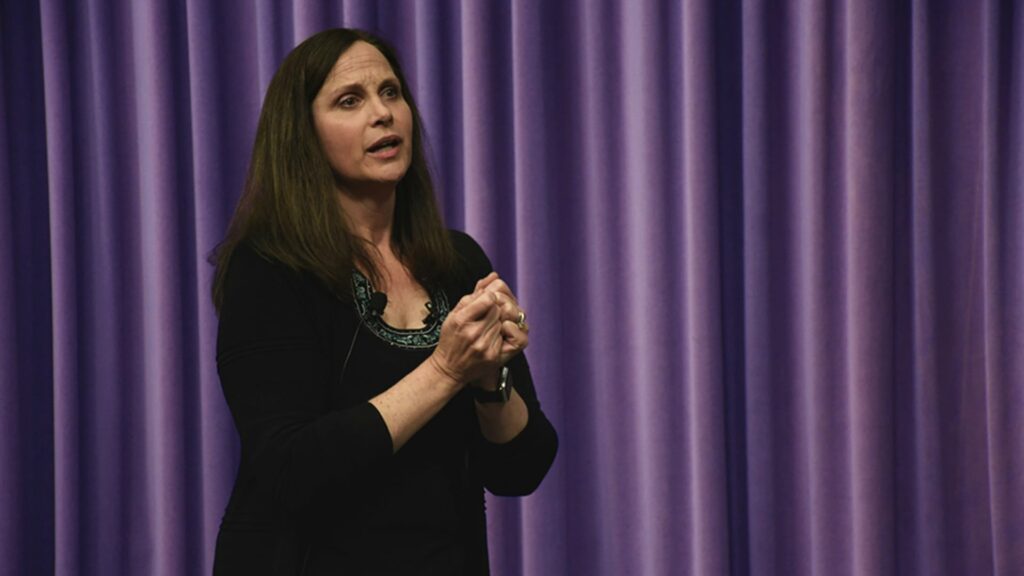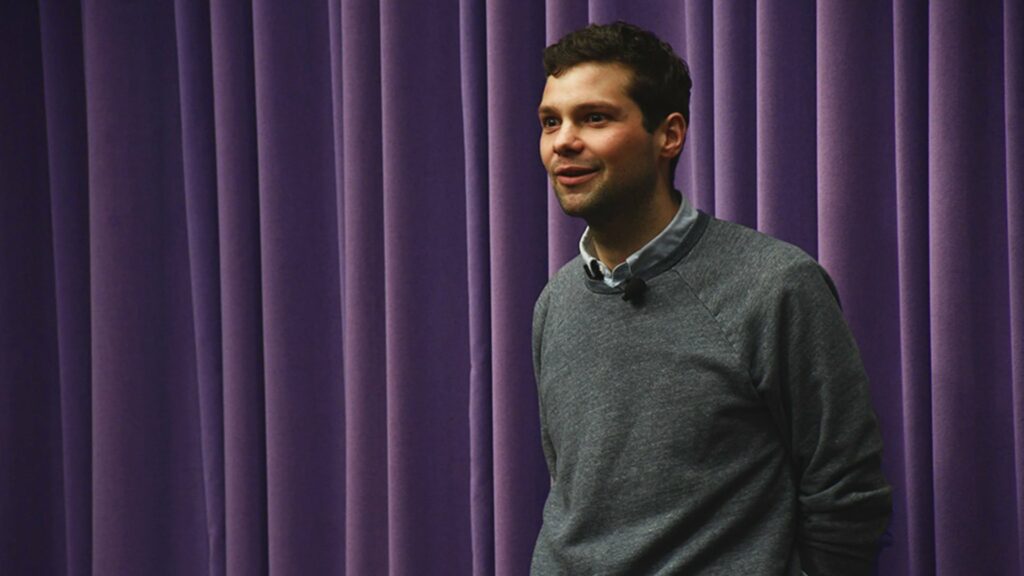
In a recent guest post on the Harvard Business Review website, economic strategist Umair Haque took Silicon Valley venture capital firms to task for backing companies that only create “thin value.” Haque suggests Zynga and Facebook as examples of “light-weight, feel good” companies, who, though popular, do not actually create “thick” value capable of powering economies on a global level. Haque describes this lack of VC interest in “thick” value creation as disruption deficit disorder. His argument may or may not be true, but it actually raises interesting questions for entrepreneurs.
Do VC firms focus on ideas that can scale quickly and turn profits for investors? Sure. If an entrepreneur pitches a compelling business model, an easy-to-build-and-scale prototype, and low projected startup costs, investment firms will likely be interested. However, if an entrepreneur pitches an idea that could create “thick value” through disruptive technologies, but also requires massive funding, within a business model that assumes working in the red for a long period of time, VCs will have reservations. These are venture capital realities. The fact that your idea could contribute to developing new industries and sustained job growth does not really enter the picture. Is this solely the fault of venture capitalists? Maybe the “Disruption Deficit” starts somewhere earlier in the process. Does the founder or entrepreneur play a role in this?
When an entrepreneur discovers an amazing new idea or technology, the “a-ha” moment rarely involves running the idea through a social value filter. Although some “social entrepreneurs” may come from this perspective, the vast majority of entrepreneurs do not lead with this type of thinking. Bare-knuckle technology entrepreneurship goals usually focus on two things: amazing technology applications or an amazing market opportunity. Of course, it’s nice when both come together at the same time. Moreover, it’s hard enough to pull off smart execution in either of these two areas. But are there other factors to consider, perhaps even an approach that can help you achieve financial goals by thinking about social impact first. In the clip below, Guy Kawasaki explains why seeking to build meaning may be the best thing to focus on when starting a company.
Now, maybe you think this whole discussion is of little concern. You’re saying, “there’s already too many things I have to worry about as a bootstrappin’ entrepreneur.” However, what if making a deeper value impact, beyond financial profit, is actually an opportunity. Discovering an idea that can be financially successful and benefit society is really just a bigger challenge. But if startup founders and entrepreneurs won’t take on this challenge from the very beginning of the idea development process, it won’t matter when you get to venture capital funding, since the idea will already be missing thick value creation as part of its design.
During our Entrepreneurial Thought Leader seminars, many of our Stanford engineering students (read: budding Stanford entrepreneurs) ask a variation of the following question to our speakers: If you were going to start a business right now, what would it be? In that question, you can hear the churning wheels of desire for financial success. However, this type of thinking is a version of selling yourself short. Investors discuss the concept of leaving money on the table. As an entrepreneur, have you ever considered that your quick-to-market idea is leaving innovation on the table? Are you selling your creative technical skills short by just creating a “thin value” variation on an existing idea? If you develop a check-in service for retail shops that lets users earn badges and discounts… well, that’s nice. There will be many competitors, and we wish you the best of luck. However, maybe you’re leaving something on the table – that bit of extra brilliance that is needed to help change the world.
The Stanford Technology Ventures Program serves as the entrepreneurship center for Stanford’s School of Engineering. Teaching entrepreneurship to engineers is critical because engineers and scientists are the very people positioned to bring brilliant technical knowledge to the effort of creating thick value. These professionals can raise their technical gifts to an entirely different level by pursuing challenges that will change the world. It’s not about whether you have a moral compass to guide your technological prowess, or whether VCs are interested in funding your idea. It’s about whether or not you are willing to step up to a truly big challenge: Use your technological gifts to build scalable concepts that treat improving society as a given requirement, rather than an optional by-product.
Look at the society around you; are you ready for a real challenge? It’s really up to you.







